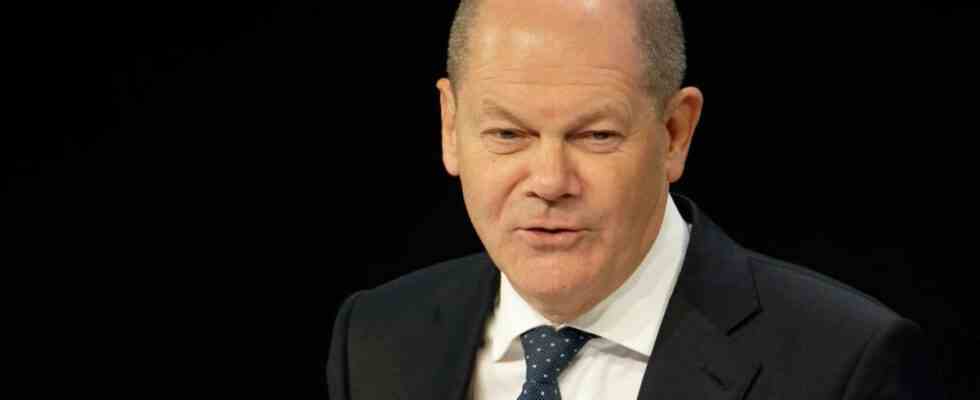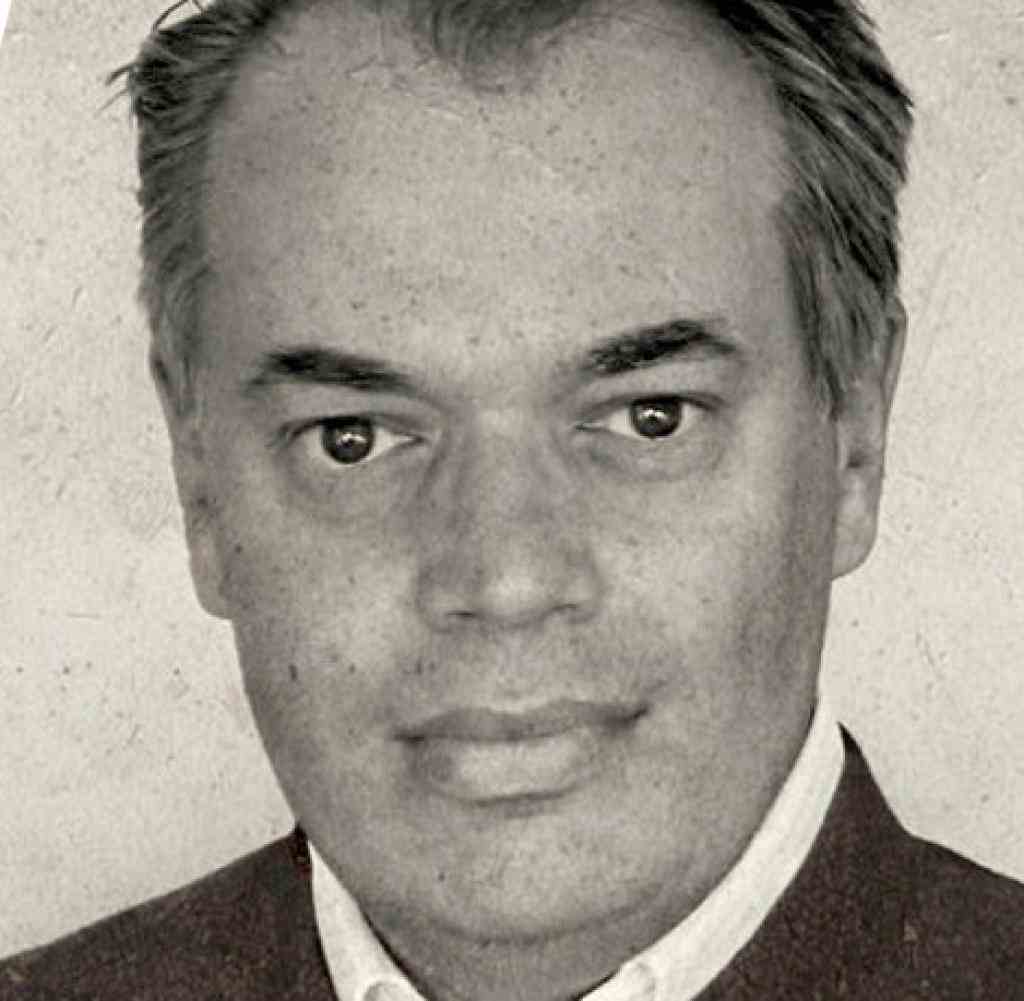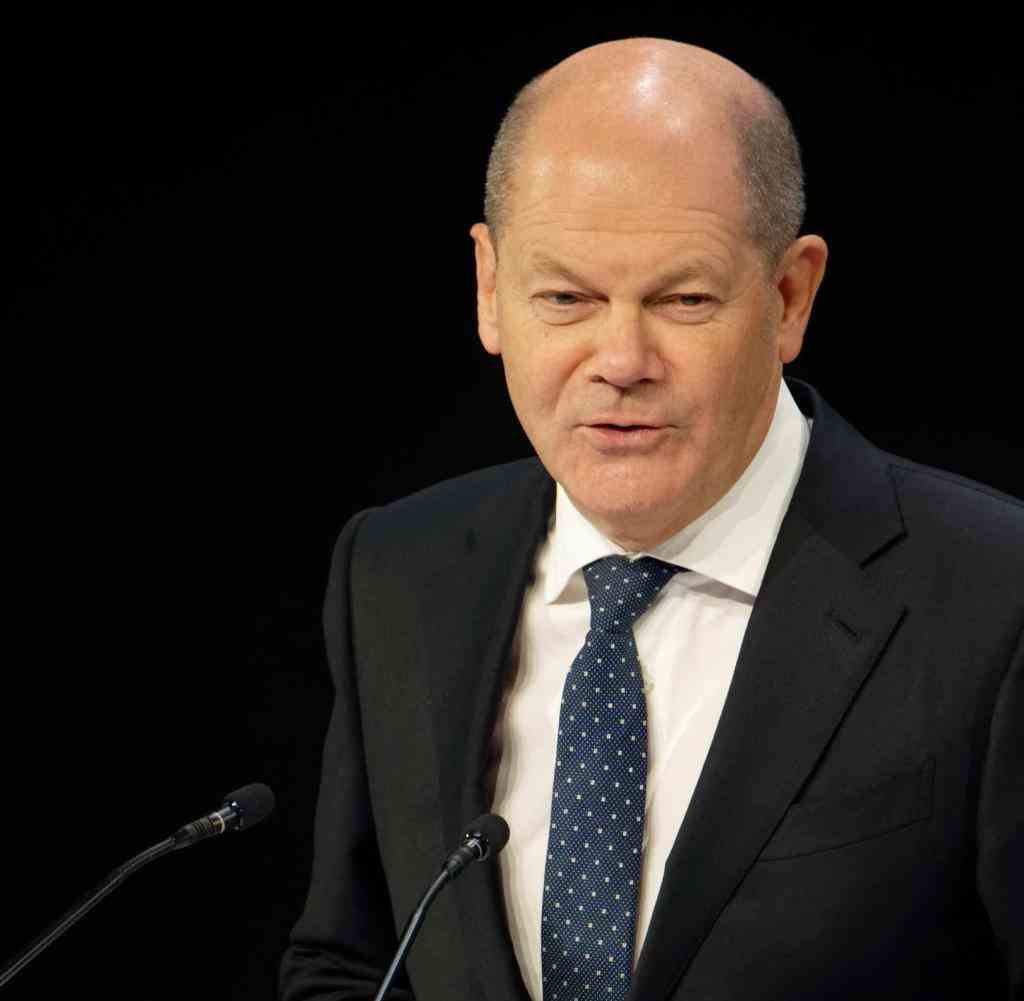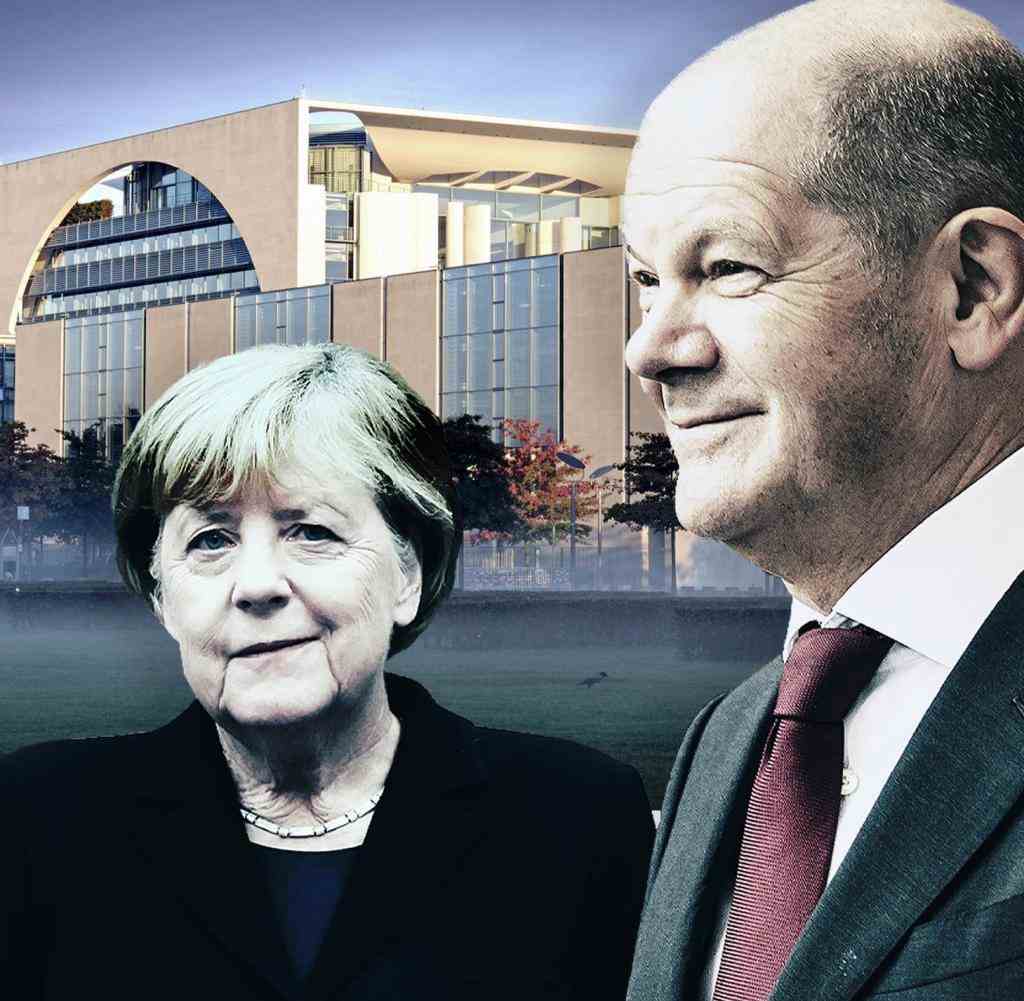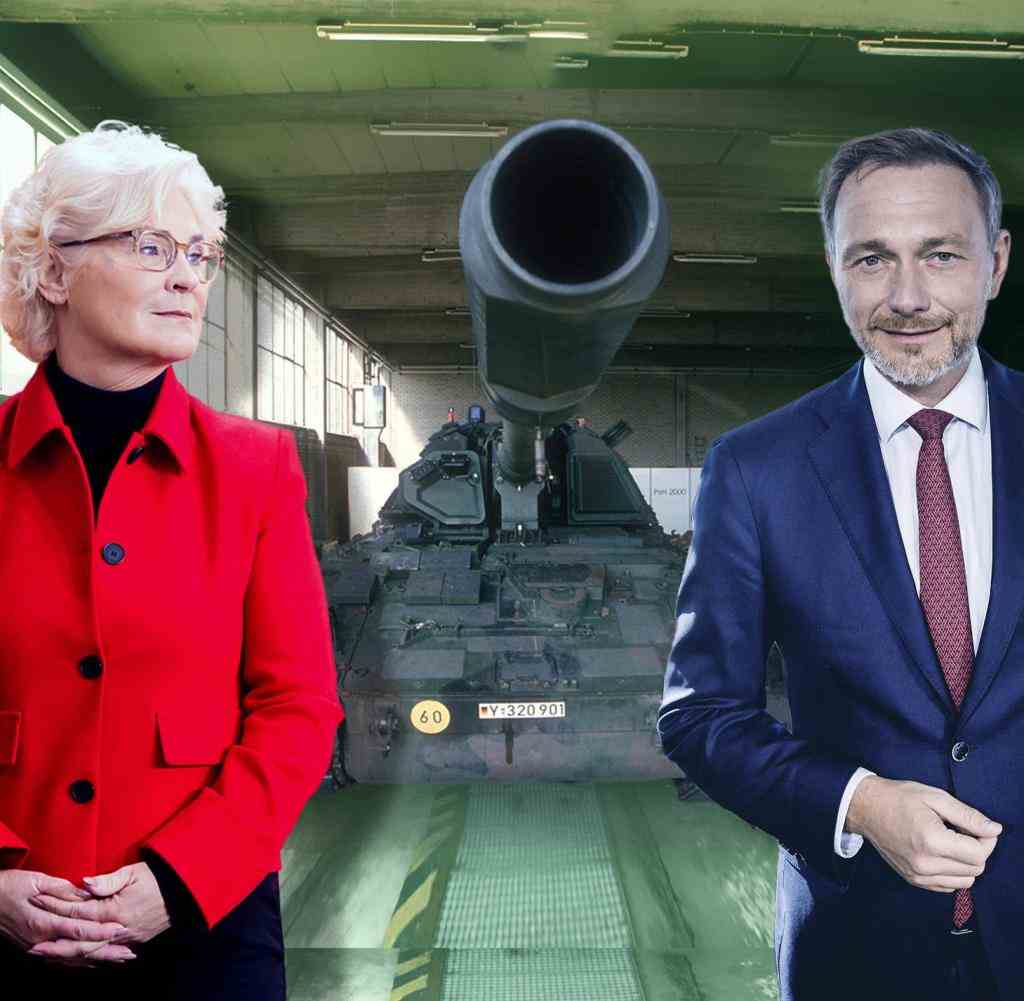EIn the year after taking office, the traffic light government has clearly lost support among voters. In the Sunday trend of the opinion research institute INSA, the SPD, Greens and FDP together only come to 44 percent, according to a preliminary report by “Bild am Sonntag”.
The Social Democrats lost the most clearly. They come to 20 percent this week, which is one percentage point less than in the previous week and six percentage points less than in the federal election 2021
The FDP remains at seven percent, five points less than in the federal election. The Greens are the only governing party to gain ground. They come to 17 percent this week – one point less than in the previous week, but two points more than in the federal election.
The Union parties remain the strongest with 28 percent, the AfD remains at 15 percent, the left at five percent.
The head of the CSU deputy in the Bundestag, Alexander Dobrindt, has sharply criticized the traffic light coalition after its first year in government. “The traffic light has not yet developed a joint project. Retaining power is the glue that holds this government together, and ideology rules instead of reason,” Dobrindt told the “Bild am Sonntag”. “If you were to grade dispute, the traffic light would even have earned a 2. The government work, however, unfortunately gets a straight 5.”
The government made up of the SPD, Greens and FDP started its work almost a year ago under the motto “Dare to make more progress”. Olaf Scholz (SPD) took his oath of office as chancellor on December 8th.
With regard to the energy price brake, Dobrindt said: “Not everything is wrong, but some things are missing. The government is putting billions in the air, but cannot say when the money will reach the citizens.” Anyone who has to deal with the skyrocketing costs of oil or pellets gets nothing. The relief for electricity and heating should come immediately, not retrospectively from March. “It needs direct payments as an advance on the relief in January and February, otherwise companies will stop production and private households will be over-indebted.”
The gas and electricity price brake planned by the traffic light coalition is intended to cushion the consequences of the sharp rise in prices for households and companies. A certain amount of consumption should be subsidized by the state, and current, high market prices apply. The brakes should take effect from March 2023, but retrospective relief is planned for January and February.
Federal Chancellor Olaf Scholz (SPD) on December 2nd, 2022 at the presentation of the German Sustainability Award
Source: dpa/Henning Kaiser
After a year in the traffic light coalition, Chancellor Olaf Scholz gave a positive assessment of the government’s work – which, however, was overshadowed by crises. “Of course, this year was first and foremost shaped by Russia’s brutal war against Ukraine,” said the SPD politician in his weekly video message.
Therefore, it was right to support Ukraine financially, humanitarian and also with weapons and to better equip the Bundeswehr. At the same time, tasks for social cohesion were “not neglected”.
Among other things, Scholz emphasized the increase in the minimum wage to 12 euros, higher child benefits and extended housing benefits. The government has also stuck to the task of “ensuring that Germany can operate in a climate-neutral manner”. Therefore, a number of laws have been passed to promote renewable energies. In order to mitigate the consequences of the war for supply, liquid gas terminals were built and the gas storage tanks were filled.
The government made up of the SPD, Greens and FDP started its work almost a year ago under the motto “dare more progress”. Scholz took his oath of office as chancellor on December 8th. After initial enthusiasm, there was a crunch between the three parties – above all from the FDP, after their poor performance in state elections, critical voices came to cooperation. In order to settle the dispute over the continued operation of the remaining nuclear power plants, Scholz made use of his directive authority.
FDP boss Christian Lindner said to the magazine “Focus” looking back at the beginnings of the traffic light partners: “The nested crises overran everyone easily.” He was certainly not proud of the 200 billion euros in additional debt. “But they are necessary for the electricity and gas price brake. Otherwise we would be jeopardizing what this country has worked for over decades.” He has the ambition “that at the end of my time as Finance Minister we will be in a much better position in terms of public debt than we are today.”
The FDP boss emphasized: “We are doing our best to lead our country well through the crisis and to implement our modernization projects. I am convinced that the success of the FDP results from achieving results.” He mentioned, for example, the planned share pension, digital administration, more space for civil rights and self-determination and a strengthening of the economy.
“Kick-off Politics” is WELT’s daily news podcast. The most important topic analyzed by WELT editors and the dates of the day. Subscribe to the podcast at Spotify, Apple Podcasts, Amazon Music or directly via RSS feed.

